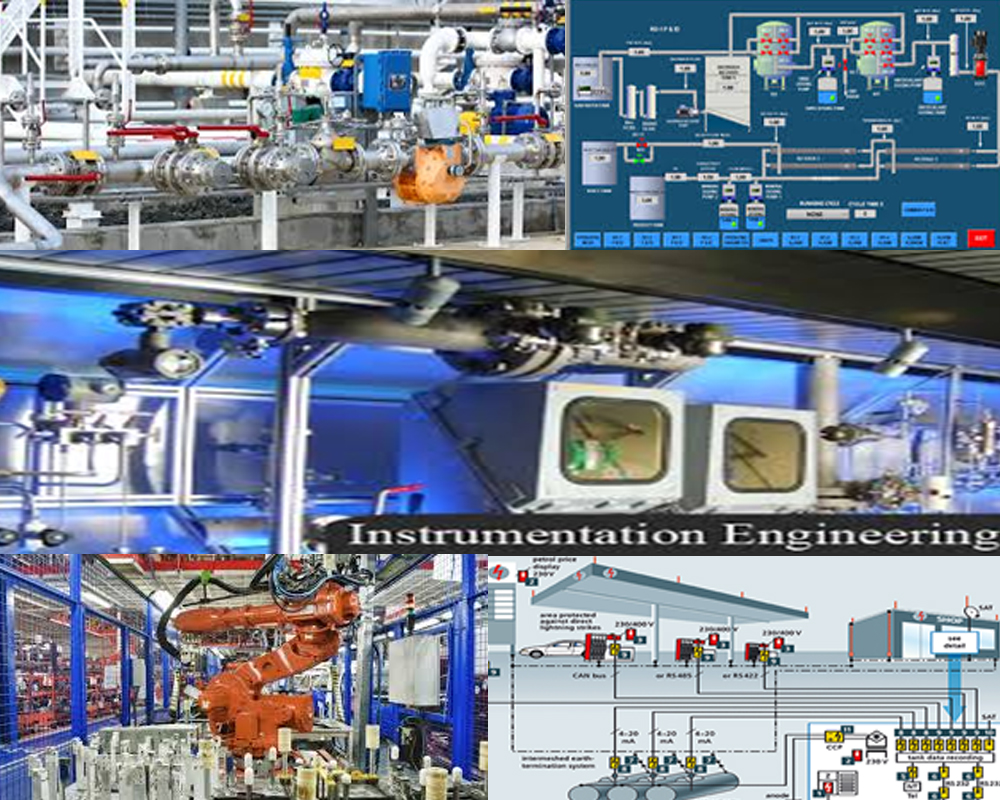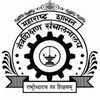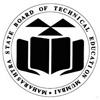
We started our journey in the year of 1996.
Instrumentation is the development or use of measuring instruments for observation, monitoring or control.
An instrument is a device that measures a physical quantity, such as flow, temperature, level, distance, angle, or pressure. Instruments may be as simple as direct reading hand-held thermometers or as complex as multi-variable process analyzers.
Although instrumentation is often used to measure and control process variables within a laboratory or manufacturing area, it can be found in the household as well.
Department’s Role:
- The department presently has highly qualified and experienced staff on its role.
- The department has well equipped laboratories on the following subjects.
- Instrumentation & Process Control
- Communication
- Industrial Electronics
- Linear Integrated Circuits
- Biomedical Engineering
Career Forecast:
- There is a myriad of career possibilities for instrumentation engineers. For example, they might design strain gauges or sensors that capture data about the safety, efficiency, and reliability of machines used in manufacturing.
- They also might design devices like blood glucose monitors, aircraft sensors, smoke detectors, or dynamometers that measure torque.
- They might develop electrocardiograph equipment and computed tomography scanners, or they might work on security systems. In addition, instrumentation engineers have been essential to the success of every aeronautical research project ever flown.
- Instrumentation engineers might be employed by manufacturing firms, defense
contractors, biomedical companies, or government entities; or they might work for private engineering firms. - Companies in India for instrumentation are National Instruments,
ABB, Larsen & Tourbo, Robert Bosch, Suzlon, Apna Technologies, Whirlybird, ESSAR.



